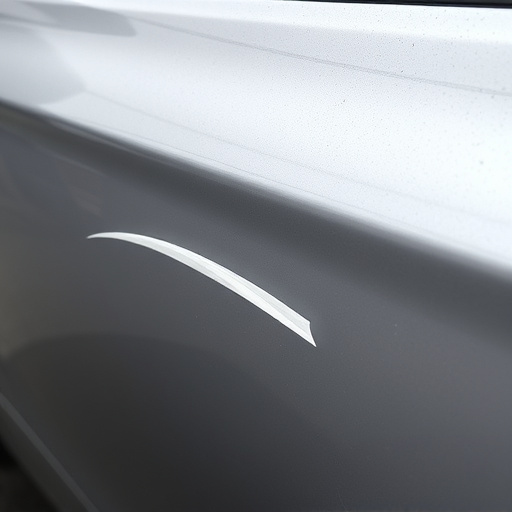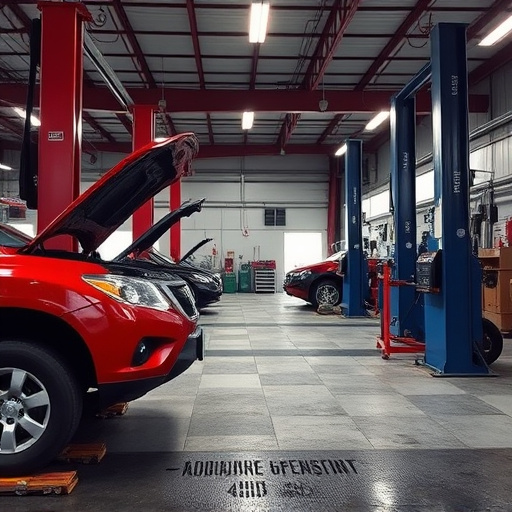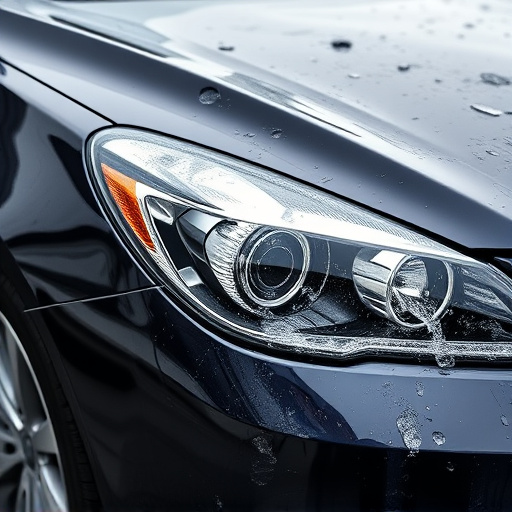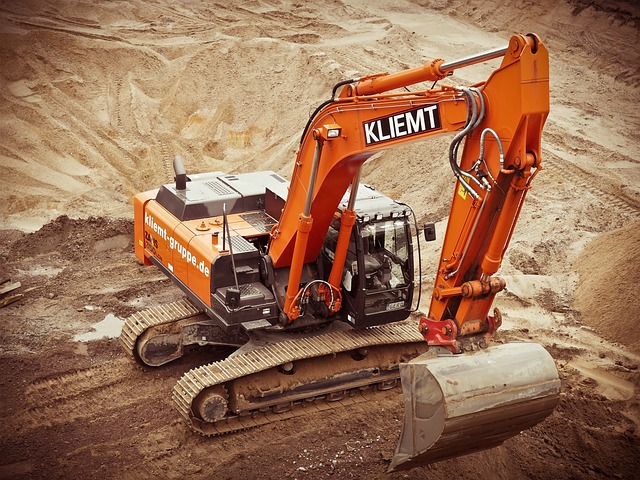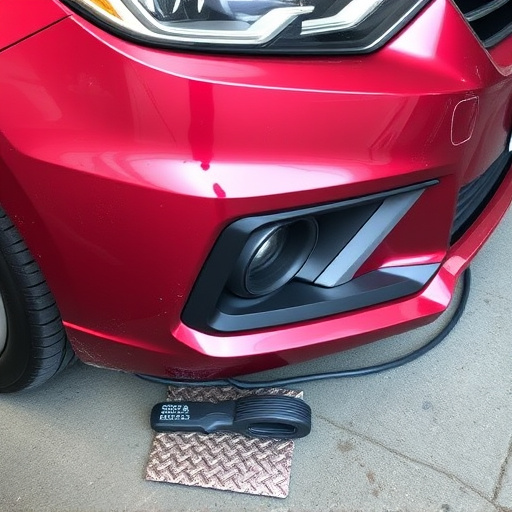Silicon bronze welding is a superior choice for industrial, especially automotive, applications due to its exceptional corrosion resistance and weldability, stemming from its unique copper-silicon composition. Best practices for maximizing lifespan include meticulous surface preparation, skilled welding techniques, post-welding treatments like heat treatment and coatings, and slow cooling. These steps ensure years of durable performance in challenging environments, such as auto body repair.
Silicon bronze, an alloy comprised of copper and tin with added silicon, stands out for its exceptional corrosion resistance, making it a preferred choice in demanding environments. This article delves into the properties that render silicon bronze effective against corrosion and explores its specific applications in welding. We’ll dissect the benefits of using silicon bronze for welding, highlighting best practices to ensure longevity and durability in various industrial settings. Discover how silicon bronze welding offers robust solutions for projects requiring superior resistance to corrosion.
- What is Silicon Bronze and Why is it Used for Corrosion Resistance?
- The Benefits of Using Silicon Bronze for Welding Applications
- Best Practices for Silicon Bronze Welding to Ensure Longevity
What is Silicon Bronze and Why is it Used for Corrosion Resistance?

Silicon bronze is an alloy made up of copper and tin, with a small percentage of silicon added for enhanced properties. This unique composition bestows upon it exceptional corrosion resistance, making it a preferred choice in various industrial applications. The addition of silicon improves the alloy’s ability to form a protective oxide layer on its surface, effectively shielding it from corrosive elements.
In the realm of automotive repair, particularly with vehicle bodywork and car paint repair, silicon bronze welding offers a durable solution. Its corrosion resistance is invaluable when it comes to safeguarding metal surfaces from the constant exposure to moisture, salt, and other environmental factors commonly encountered in outdoor settings. This makes it an ideal material for restoring and maintaining auto body components, ensuring that the finished product not only looks good but also stands the test of time without compromising on structural integrity.
The Benefits of Using Silicon Bronze for Welding Applications

Silicon bronze welding offers several advantages that make it a preferred choice for various industrial applications. Its unique composition, combining copper with silicon and sometimes other elements, imparts exceptional corrosion resistance, a key benefit when considering the harsh environments many welded components face. This property is particularly valuable in industries such as automotive, where parts exposed to moisture or corrosive substances require durability.
For auto body painting and frame straightening processes, silicon bronze welding provides strength and longevity. Its excellent weldability ensures strong and reliable connections, crucial for collision repair shops dealing with complex panel replacements. The material’s ability to withstand corrosion and maintain its structural integrity over time reduces the risk of future failures, ensuring safer and more cost-effective results in these specialized workshops.
Best Practices for Silicon Bronze Welding to Ensure Longevity

For maximum longevity with silicon bronze welding, best practices should be followed to ensure superior corrosion resistance. The first step involves proper preparation of the metal surfaces before welding; this includes cleaning and degreasing to remove any contaminants that could weaken the bond. Using the right welding techniques is crucial; a qualified welder should employ appropriate settings for the specific silicon bronze alloy to prevent porosity, which can compromise structural integrity.
Post-welding treatments like heat treatment and coating can further enhance corrosion resistance. After silicon bronze welding, it’s essential to cool the metal slowly to avoid stresses that might lead to cracking. Finally, applying protective coatings, especially in environments prone to car damage repair or automotive repair, can shield against corrosive elements, ensuring that the welded components last for years, preserving the structural integrity of vehicles and minimizing the need for frequent auto body painting.
Silicon bronze welding offers a robust solution for applications demanding superior corrosion resistance. By understanding its unique properties and implementing best practices, professionals can ensure long-lasting, high-quality welds. The benefits of silicon bronze in welding make it a valuable choice for industries where longevity and durability are paramount.



